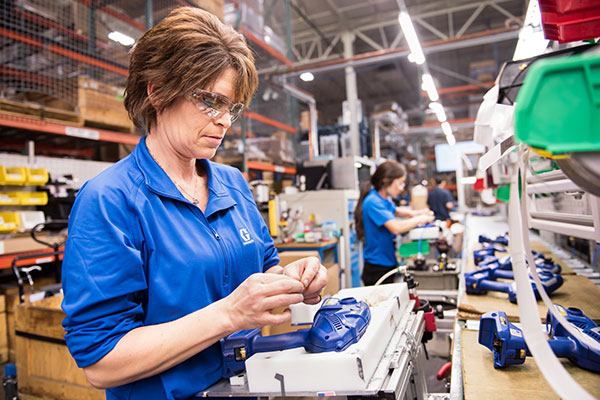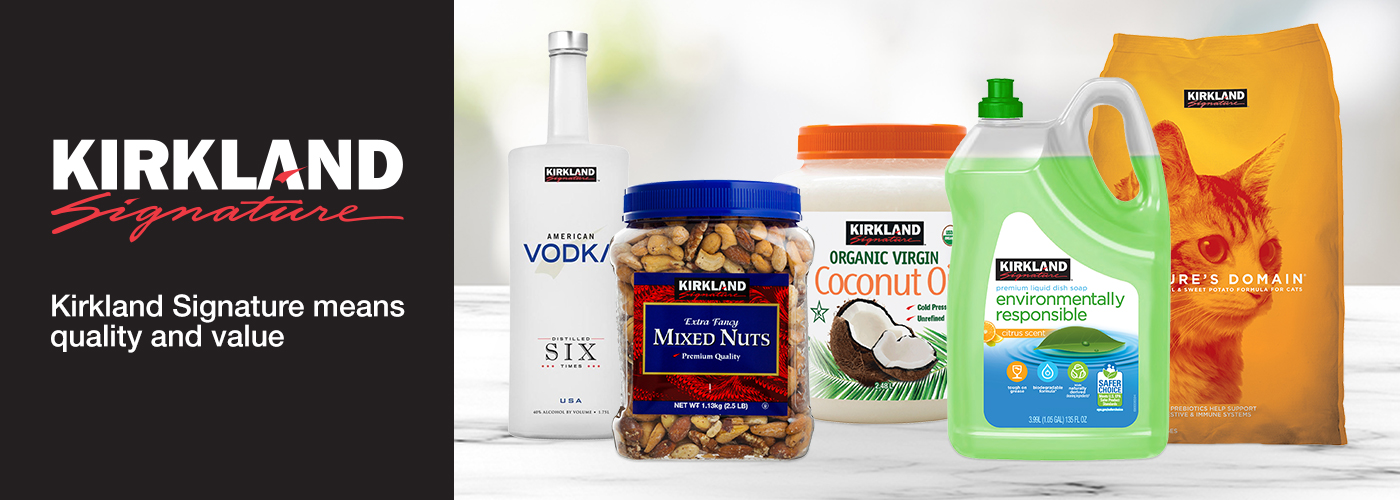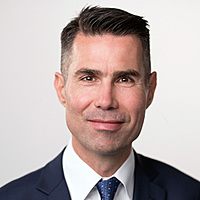3 common features of inflation-proof businesses
Central banks remain steadfast in their message that the current bump in inflation will prove short-lived. Companies are less sure. A frequent message we have heard from businesses through the June quarter global earnings season was that inflation is ‘not transitory’. Who will prove prescient? Time will tell. As investors, the best we can do is recognise the possibility of sustained higher inflation, and to own businesses that can prosper regardless of the course inflation takes.
Below, we highlight three characteristics of these inflation-proof businesses, illustrated with examples from the Aoris portfolio.
1. Sell on value, not on price, and make sure that value is rising
If you sell basic household products that don’t improve year-to-year, rising inflation is bad news. The likes of Campbell Soup, Kimberly-Clark, Unilever and Procter & Gamble face stiff resistance from consumers, and retailers, when seeking to charge a few percent more for the same product. It’s no surprise that these brands have lost market share in times of inflation as consumers seek out alternatives, including retailers’ own private label brands.
Nike, on the other hand, invests heavily in the aesthetics and technical features of their footwear and apparel. Their products are always improving, and the brand itself remains highly desirable. You may have noticed a high proportion of gold medal winning athletes at the Tokyo Olympics were wearing Nike, such as Eliud Kipchoge, the men’s marathon winner in Nike’s Alphafly NEXT% Flykit shoes. Inflation hasn’t historically been a problem for Nike – their average price per item has risen at a rate of about 7% p.a. in recent years, but this is because the value offered by their products is rising.

2. A culture of continuous cost improvement
Some companies build up fat through the good years. Each year, costs grow a little more than is necessary, then once each economic cycle the problem reveals itself. The burden of rising inflation on such companies is amplified by their layers of excess costs. To reign in the rampant expenses, a restructuring program is undertaken. This looks straightforward on paper but can be very demoralising and destabilising internally, as skills and experience are lost. I was told by a colleague recently of (yet another) redundancy round at a major Australian bank. Employee costs are removed, but for those who remain ‘the loss of roles and changes in responsibility creates inefficiency, and now it just takes longer to get stuff done’.
Companies that are effective at trimming the fat every year are generally going to be the ones who pull ahead of their peers through an inflationary period.
Graco, a manufacturer of pumps and fluid handling equipment in the US mid-west, has an objective of creating factory floor efficiency each year to offset cost inflation. If input costs are rising at a rate of 3% then Graco seeks an equivalent productivity improvement, which it achieves through investment in manufacturing technology. It’s able to do this because it is vertically integrated; it makes all the components that go into its products, while its competitors are just assemblers. Graco’s factory workers are highly skilled and management treats them as an asset, not an expense. Impressively, Graco went through 2020 without a single redundancy.

3. Supply chain excellence and purchasing scale
When costs are rising, smaller firms are often at a significant disadvantage. They have less buying heft when it comes to negotiating purchasing terms, and less sophisticated supply chains when it comes finding alternative suppliers and utilising data to navigate a period of rising costs.
Consider Costco, one of the world’s largest retailers with $250 billion of annual purchasing power. Part of Costco’s ‘secret sauce’ is that it stocks only 4,000 items compared to over 100,000 at a typical Wal-Mart, so its vast purchasing power is focused and its supply chain is simple. Costco’s highly regarded store brand, Kirkland (see image below), accounts for about one-third of sales, giving it a valuable optionality. If a national brand won’t come to reasonable terms on price, Costco can replace it with Kirkland. In an environment of supply chain disruption and rising logistics and labour costs, Costco is in a highly advantaged position compared to most of the retailers it competes with.

Inflation has been dormant for such a long time that it’s hard to imagine it increasing to levels that might create problems for companies; but as investors it’s a risk we must consider. At Aoris, we have no views on the direction inflation may take but have a clear view of the characteristics necessary for businesses to be ‘all weather’ and to prosper even if higher inflation persists. All 15 companies in the Aoris International Fund embody the characteristics of selling on rising value, a culture of continuous cost improvement, and supply chain excellence and purchasing scale. Find out more by visiting our website.
3 topics

